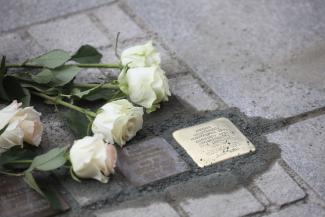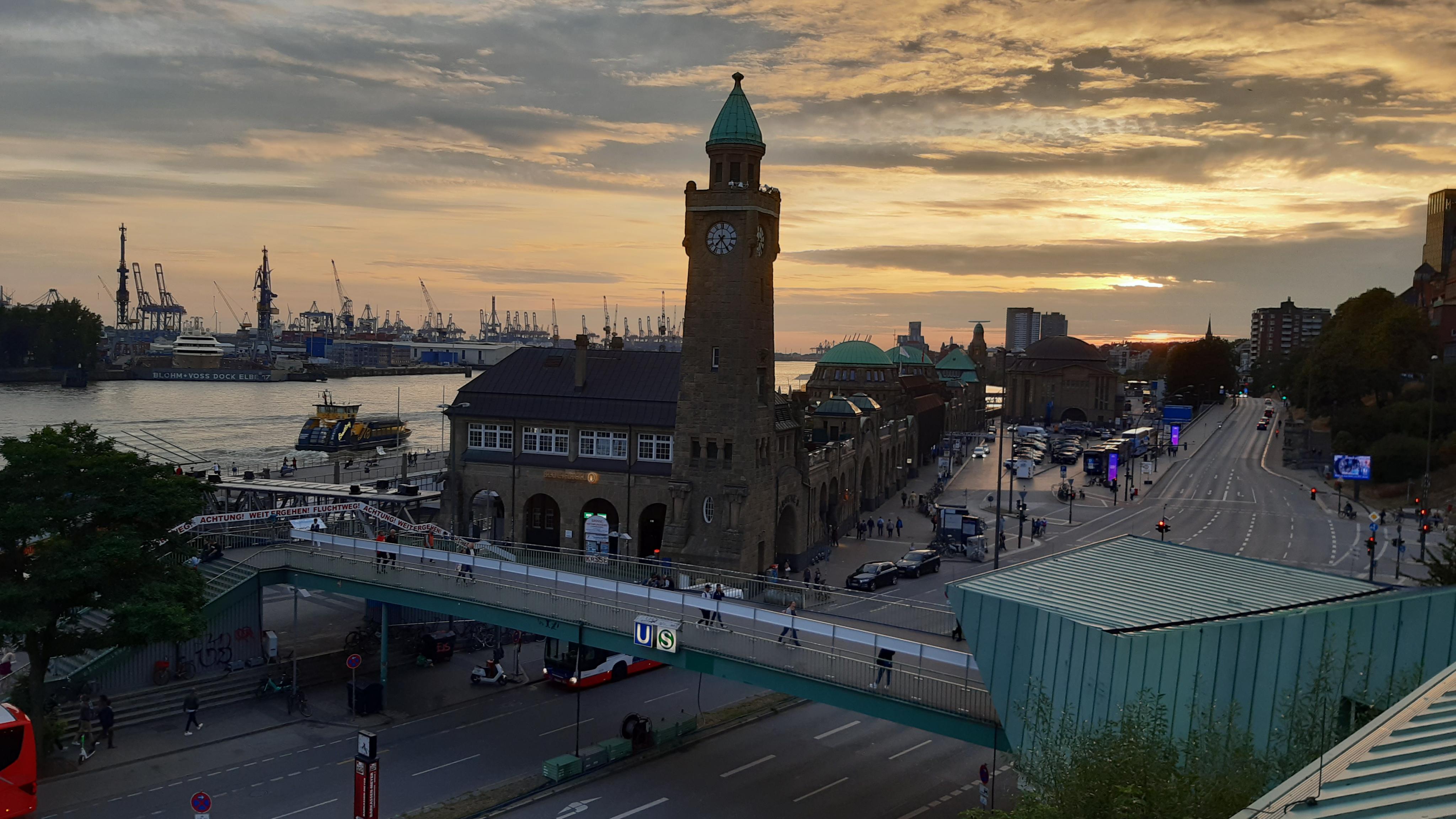Our view
The truth must be remembered

The Anglican leader helped to end apartheid, and then led South Africa’s Truth and Reconciliation Commission. In view of his nation's lingering problems (see Jakkie Cilliers on www.dandc.eu), it is debatable to what extent lasting reconciliation has been achieved, but there can be no doubt that his Commission helped to build a shared and realistic narrative of what white supremacist rule meant. Without such an understanding, neither reconciliation nor a shared democratic future are possible.
It is depressing that efforts to suppress the historical truth are spreading fast in many countries. Three prominent examples are China, Russia and the USA.
Shortly before Christmas, authorities in Hong Kong removed monuments that reminded people of the Tiananmen Square massacre in Beijing in June 1989. Back then, young people had set up a protest camp there, demanding democracy. The regime sent in the military, and the troops drowned the pro-democracy movement in blood. In the past three years, the Communist regime has crushed Hong Kong’s pro-democracy movement too , so now it feels free to turn against the historic truth of what happened in 1989.
In Russia, the human-rights organisation Memorial International was banned by court order shortly after Christmas. Part of this non-governmental oraganisation’s mission was to document the atrocities of totalitarian rule. The Russian authorities accused Memorial of technicalities such as not having disclosed in each and every publication that it receives foreign funding. They also claimed the organisation supported extremism. The real reason why Memorial was banned, is that President Vladimir Putin’s nationalist propaganda increasingly focuses on the glorification of Russian history. The historical truth is inconvenient.
Unlike the regimes in China or Russia, the US administration has full democratic legitimacy. But while the national government is not repressing historical truths, such efforts are going on at the subnational level (see my article on www.dandc.eu). The administrations of several Republican-run states are doing what they can to purge books that deal with the history of slavery from school curricula and libraries. They say they must protect white children and teenagers from feelings of guilt and anguish. The same right-wing activists who want to suppress the historic truth in education, by the way, are upset and speak of an unacceptable “cancel culture” when universities deny liars and conspiracy theorists public platforms. It is no coincidence, of course, that those who want to suppress the historical truth are also in denial about the climate crisis and tend to fall for Donald Trump’s big lie of the presidential election having been stolen.
In all three cases there is no serious debate about what the truth is. The point is to suppress politically inconvenient knowledge. The pattern is that powerful people today are siding with oppressors of the past.
In German eyes, such developments are depressing. We are aware of our disturbing history of genocide and two dictatorships in the past century. Most of us do not feel personal guilt for crimes perpetrated by previous generations, but we are committed to not letting anything like that happen ever again. One implication is that we are determined to keep the memory alive (see contribution by Quentin Teel on www.dandc.eu). In German cities, brass cobblestones on sidewalks remind people of Jewish Germans who used to live there until they were deported and killed by the Nazis. The famous Holocaust memorial in Berlin is important, but it is not the only public reminder we have of a horrible history. The general consensus is that the future of our democracy depends on people knowing the historical truth. Those who want to suppress it, ultimately want to suppress people.
Hans Dembowski is the editor in chief of D+C/E+Z.
euz.editor@dandc.eu









